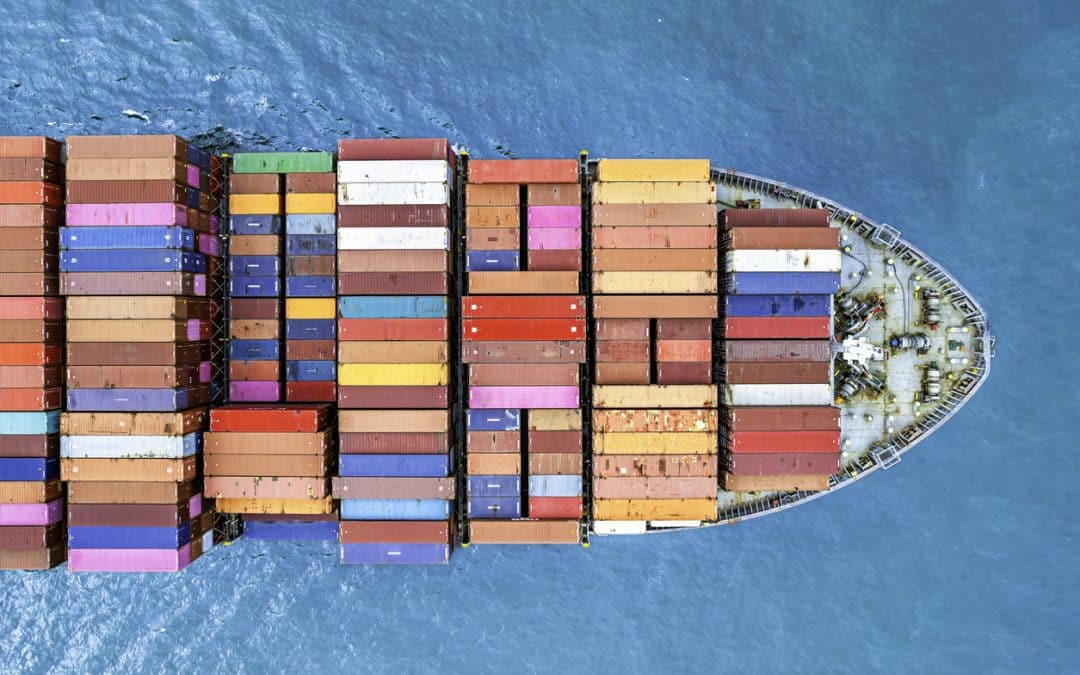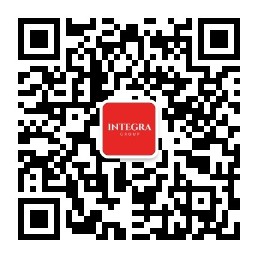Business owners and entrepreneurs know that tracking their finances is vital to success. Being able to do so with simplicity, flexibility, and transparency is making the lives of managers all over the world easier.
Cloud accounting software and connected SAAS applications are the secret sauce that makes this possible.
While many software suppliers are able to sufficiently serve most clients internationally without too much trouble, one country significant differs from other countries with regards to accounting standards and compliance requirements: China.
In China, the emergence of the Software-as-a-Service (SAAS) industry is creating opportunities for a new kind of advisor that helps small businesses effectively structure their operations and address their specific businesses needs using these applications.
This article outlines three components that need to be considered in order to fully capture the promises of SAAS applications for Chinese businesses.
If you’re already familiar with cloud accounting and SAAS applications, this guide will highlight the gaps which prevent many of the best-in-class applications from being successfully applied in China.
Issues in taking advantage of SAAS applications for Chinese businesses
Accounting software localization
The local regulatory environment in China has some unique requirements that other cloud accounting software providers are simply not equipped to address. To the surprise of many overseas businesses, Chinas statutory regulations require Businesses in China maintain a Chinese language version of their accounting records. This includes the accounting records, reporting functions, and the chart of accounts. Among the functional shortcomings of international cloud accounting software being applied in China, language support, or the lack thereof, is the most notable.
Beyond the language requirements, a business’s chart of accounts must also be in compliance with the accounting laws of the PRC. A chart of accounts under Chinese GAAP is subject to different rules than those maintained overseas, meaning international companies must keep two charts of accounts: one for group reporting and one specifically for the Chinese subsidiaries. Without an application or tool for international companies to address this specifically, companies are often left with an account mapping nightmare.
Among the most troublesome requirements of accounting software in China is the infamous VAT fapiao. The fapiao, or legal invoice issued by the Chinese Tax Bureau, can be tedious to trace, tricky to monitor, and problematic to validate; not to mention the added obstacles related to Chinese tax deductions. Chinese entrepreneurs and business’ need to be able to track each fapiao against business transactions to reduce the risks related to a missing or double issued fapiao, both of which can lead to lost money in overpaid taxes or fines.
The risks associated with improper Fapiao Management and their role in internal control procedures is a comprehensive topic in itself. In this article we only point out that SAAS applications need to take careful account of Fapiao’s in their functionality to be successfully implemented, be it accounting systems, inventory management or e-commerce systems.
SAAS application compatibility
One of the many benefits of utilizing a cloud accounting system is the access to seamlessly integrated SAAS applications that help make-up a comprehensive business solution. Many of these add-ons originate overseas which often cannot be implemented out-of-the-box in China. A lack of connected applications can inhibit international companies, especially small businesses, from taking full advantage of the value cloud SAAS applications can offer.
One example of how china creates additional challenges for integrated SAAS applications is inventory management. The inventory stock accrual method in China requires inventory to be recognized as an asset of the company, and in the meantime, the accounts payable to the vendor to be accrued as a liability until a fapiao has been received. Upon receiving the fapiao, the goods and accounts payable should be adjusted to the value of the goods and Value Added Tax as stated on the fapiao. Simply put, the estimated value of goods must be recognized in the accounting system as materials in transit before the true value of the goods is known to comply with China’s GAAP.
The key points here is that a small difference in bookkeeping requirements renders many excellent SAAS applications that originate overseas unable to be used in China. Currently, most software and application providers do not offer the capability to account for such requirements due to the nature of Chinas unique compliance regulations.
Dear Inventory Systems is a good example of how SAAS applications may choose to handle such compatibility challenges. They launched a localized version of their inventory management software under the brand Stoqo with support for inventory stock accrual methods and other China specific functionalities.
Advisory service providers
Cloud accounting software and SAAS applications benefit significantly from the help of vertically specialized advisors to help build comprehensive business solutions for small businesses using these technologies. Even with the most streamlined and sophisticated technology, successful implementation depends on the support of a professional. As with the other imperatives, this is especially true in China.
Processes unique to China, such as inventory accruals, VAT fapiao, tax deductions, and charts of accounts, can be complicated and make streamlining business processes difficult for an international company. The existence of such advisors is crucial to helping small businesses adopt such end-to-end cloud business solutions and structuring their processes to comply with local accounting standards.
Axel Standard is a platform for business owners to discover connected SAAS applications for Chinese businesses that comply with Chinas GAAP requirements and to find a suitable service provider to help them build comprehensive business solutions using SAAS technologies. These technologies include best-in-class SAAS applications from overseas as well as emerging local applications most often used by the international business community. Tying these together into end-to-end business solutions is Megi Cloud Accounting.
The emergence of SAAS application for Chinese businesses is making available services often exclusively provided by CFO’s and monolithic ERP systems providers which often price their products and services out of reach for small businesses. Those who choose to utilize SAAS applications and the value-added service that come with them are much better positioned to grow their business in China.







